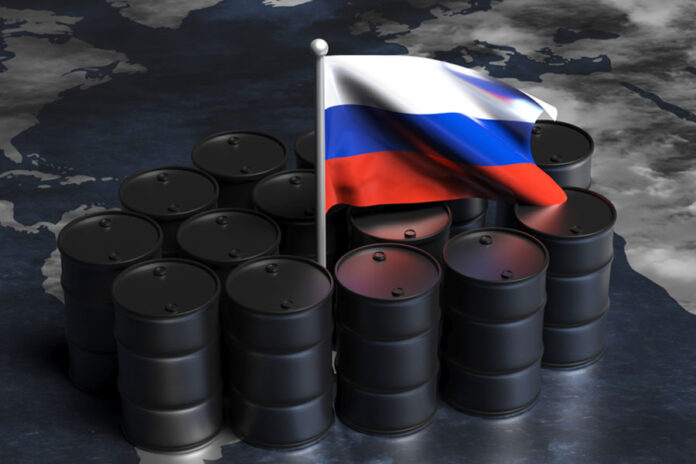Most countries in the Group of Seven nations are prepared to go it alone and lower the G7 price cap on Russian oil even if U.S. President Donald Trump decides to opt out, four sources familiar with the matter said.
G7 country leaders are due to meet on June 15-17 in Canada where they will discuss the price cap first agreed in late 2022. The cap was designed to allow Russian oil to be sold to third countries using Western insurance services provided the price was no more than $60 a barrel.
The European Union and Britain have been pushing to lower the price for weeks after a fall in global oil prices made the current $60 cap nearly irrelevant.
The sources, who declined to be named, said the EU and Britain are ready to lead the charge and go it alone, backed by the other European G7 countries and Canada.
They said it is still unclear what the U.S. will decide, though the Europeans are pushing for a united decision at the meeting. Japan’s position also remains uncertain, they said.
“There is a push among European countries to reduce the oil price cap to $45 from $60. There are positive signals from Canada, Britain and possibly the Japanese. We will use the G7 to try to get the U.S. on board,” one of the sources said.
The White House had no immediate comment. During the G7 finance ministers meeting in the Canadian Rockies last month, U.S. Treasury Secretary Scott Bessent remained unconvinced there was a need to lower the cap, according to sources.
However some U.S. Senators may endorse the idea, including Lindsay Graham, who in recent weeks told reporters he supports lowering the cap. Graham is pushing a hard-hitting new set of Russia sanctions that could impose steep tariffs on buyers of Russian oil.
The Canadian foreign ministry was not immediately available for comment.
The EU has proposed lowering the price to $45 a barrel in its latest 18th package of sanctions. The package must have unanimity from member states in order for it to be adopted, which could take several weeks.
Russia’s largest export grade, Urals, trades at around a $10 a barrel discount to the Dated Brent benchmark out of Baltic ports. Brent futures have been trading below $70 a barrel since early April.
Sources said Washington’s buy-in was not essential to lower the cap owing to Britain’s dominance in global shipping insurance, and the EU’s influence on the Western rules-abiding tanker fleet.
The U.S., however, does matter when it comes to dollar-denominated payments for oil and its banking system.
The EU and its Western allies have been progressively cracking down on Russia’s shadow fleet of tankers and related actors, which work to circumvent the cap.
The pressure has started to hurt Moscow’s revenues and Western allies hope this will push more of the oil trade back under the cap. Russia’s state-owned oil producer Rosneft reported a 14.4% slump in profits last year.




